STUDENT VOICE: Teachers assign us work that relies on rote memorization, then tell us not to use artificial intelligence
The Hechinger Report
FEBRUARY 12, 2024
At the beginning of the school year, each of my 11th grade teachers stated that they would not tolerate students using AI platforms, such as ChatGPT, to complete assignments. They explained that any use of AI would be considered plagiarism and could result in a failing grade. Despite these warnings, I regularly hear my classmates laugh about how they used ChatGPT for the prior night’s homework.
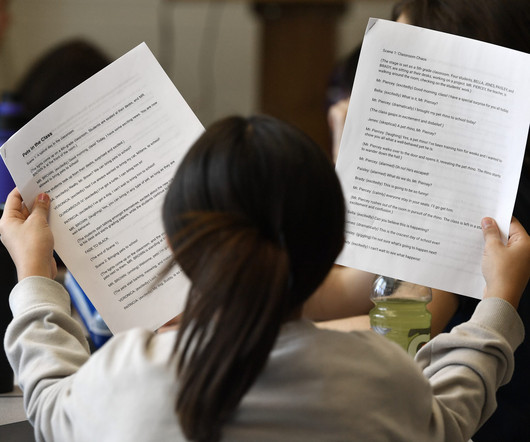
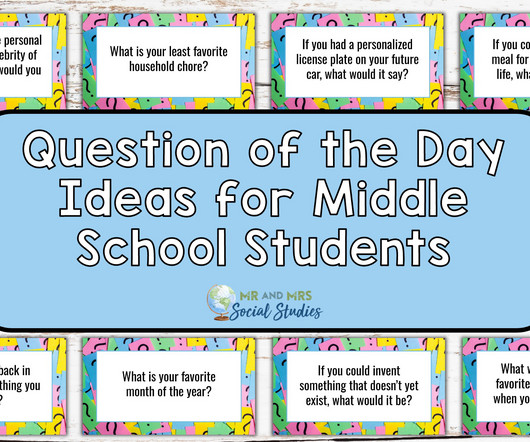





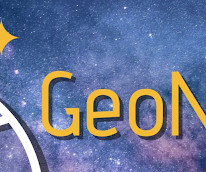
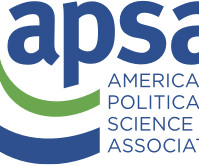
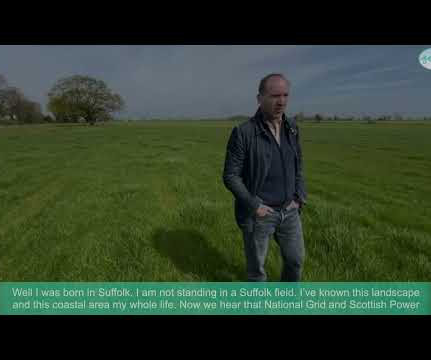
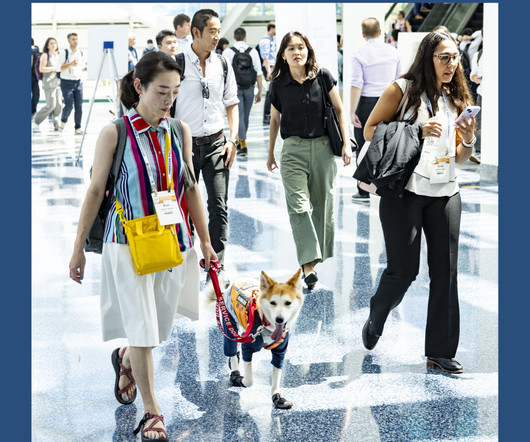
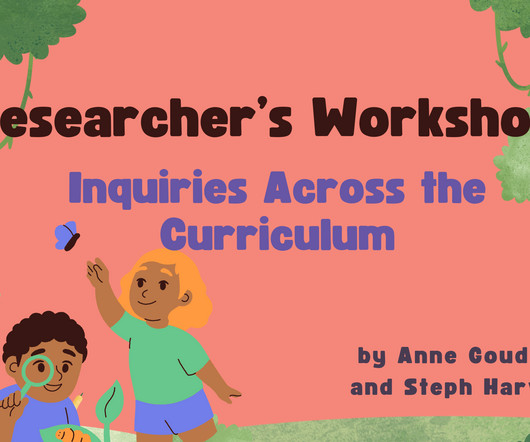



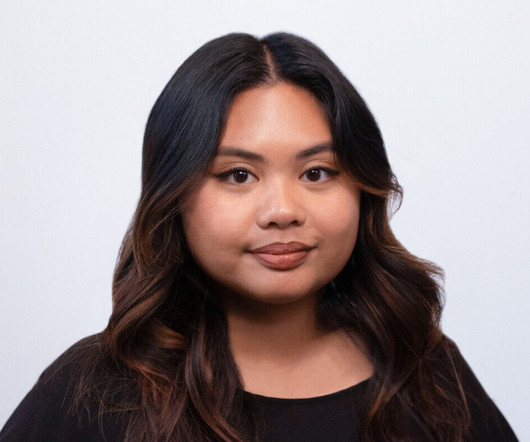










Let's personalize your content